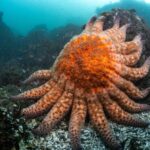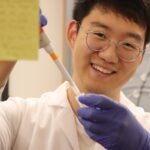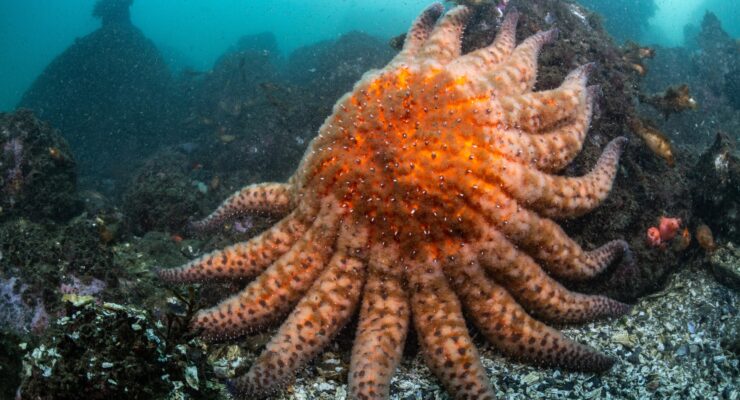Since its emergence in 2013, sea star wasting disease (SSWD) has quickly spread along the west coast of North America, infecting dozens of sea star species from Mexico to Alaska and upending marine ecosystems. A variety of causes of SSWD have been proposed over the past decade, but no clear cause has been isolated for […]
Main Content
Chemistry and Biochemistry

Co-pyrolysis of Biomass and RDF for Waste to Energy Conversion
One of the primary concerns regarding fossil fuels today is not only their massive environmental impact but their persistent dominance in the energy field. Growing waste, pollution and energy consumption and demand all prompt the search for alternative, renewable energy sources, for example, biomass. Biomass waste includes agricultural residues, such as crops, crop residues, animal […]
Computer Science and Tech

AI for Language and Cultural Preservation
AI for Language and Cultural Preservation Abstract Nearly half of the world’s languages face extinction, threatening irreplaceable knowledge and cultural connections. This paper examines how artificial intelligence can support endangered language documentation and revitalization when guided by community priorities. Through case studies, from Hawaiian speech recognition to Cherokee learning platforms, the paper identifies both opportunities […]
Environmental Science

Cause of Sea Star Wasting Disease Epidemic Linked to Common Bacteria
By Ella Ong
Since its emergence in 2013, sea star wasting disease (SSWD) has quickly spread along the west coast of North America, infecting dozens of sea star species from Mexico to Alaska and upending marine ecosystems. A variety of causes of SSWD have been proposed over the past decade, but no clear cause has been isolated for […]
Math and Physics

Pumping Without Pedaling: How Corners Turn Timing into Speed
By Justin Zhang
Watch a skilled rider enter a berm: they arrive tall, compress as the turn loads up, and rise on exit – no pedaling, yet they launch out faster. This isn’t magic; it’s timing that lets the ground do positive work on you. This reciprocal motion between the bike and the rider is called pumping, evident […]
Psychology and Neuroscience

Ethical ramifications of AI-powered medical diagnoses
Honors Projects

Daniel Kang in the Spotlight

Co-pyrolysis of Biomass and RDF for Waste to Energy Conversion
One of the primary concerns regarding fossil fuels today is not only their massive environmental impact but their persistent dominance in the energy field. Growing waste, pollution and energy consumption and demand all prompt the search for alternative, … Read Full Article about Co-pyrolysis of Biomass and RDF for Waste to Energy Conversion

Lobsters and Telomerase: How to Reach Longevity
Introduction How does Aging work? This has been a question that has stumped scientists since the dawn of civilization. What are the causes and implications of Aging? Is it preventable or reversible? In “Longevity of Lobsters is Linked to Ubiquitous … Read Full Article about Lobsters and Telomerase: How to Reach Longevity

Pumping Without Pedaling: How Corners Turn Timing into Speed
Watch a skilled rider enter a berm: they arrive tall, compress as the turn loads up, and rise on exit - no pedaling, yet they launch out faster. This isn’t magic; it’s timing that lets the ground do positive work on you. This reciprocal motion between the bike … Read Full Article about Pumping Without Pedaling: How Corners Turn Timing into Speed
